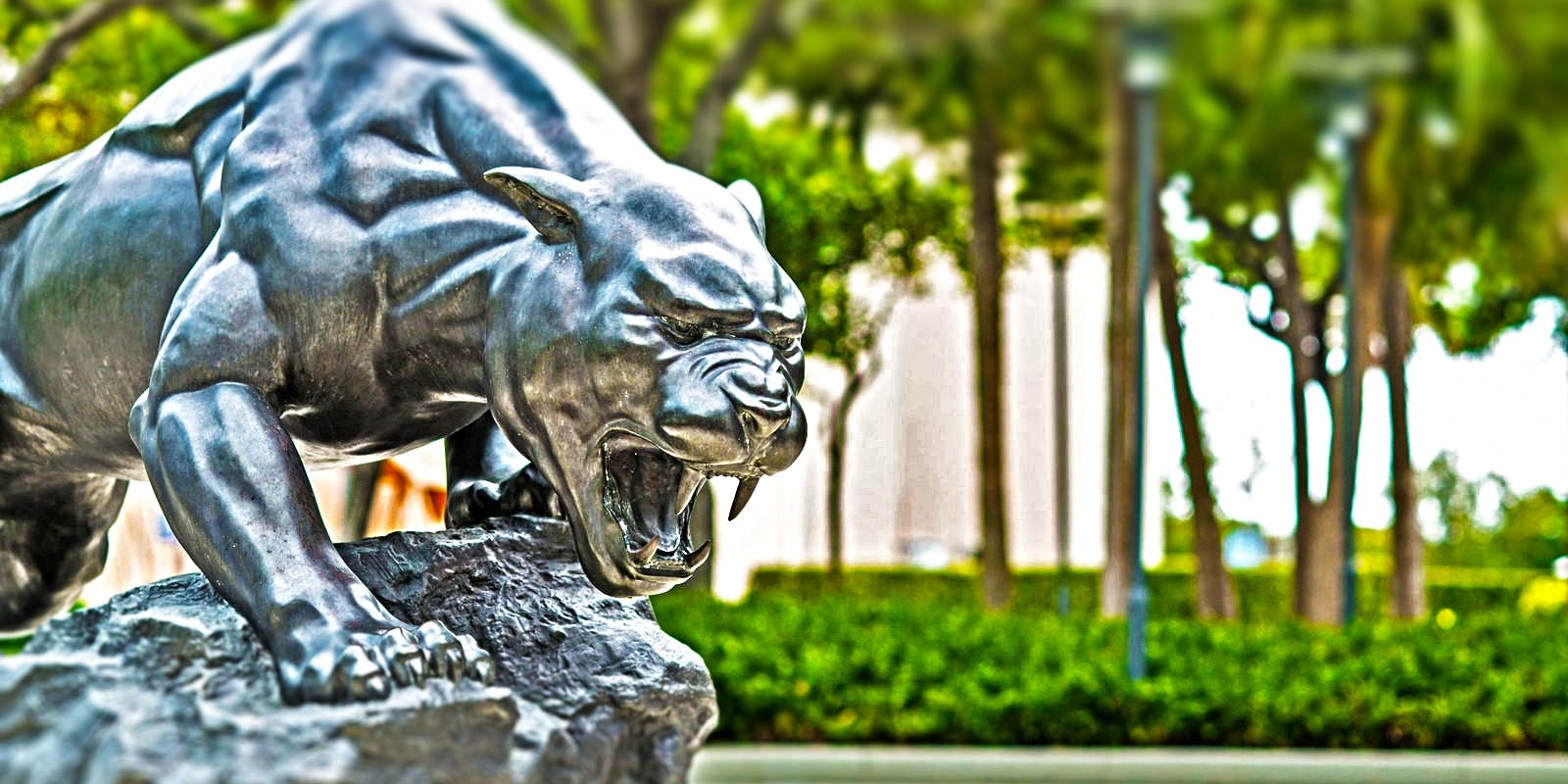Target 15.6 Promote access to genetic resources
Promote fair and equitable sharing of the benefits arising from the utilization of genetic resources and promote appropriate access to such resources, as internationally agreed

Institute of Environment and Biodiversity
In some systems, the pace of extinctions is accelerating more rapidly than our ability to even discover and understand species currently unknown to science. This also means their potential contributions to public health, food security and mitigation of global changes would be lost with them. At FIU, the Institute of Environment is one of the largest global groups of biodiversity scientists working across ecosystems from ridge to reef. We are describing and monitoring species and communities of plants, microbes, amphibians, reptiles, fish and mammals all across the globe - from the Caribbean across the Amazon to Southeast Asia and the Pacific. In so doing, we are improving our understanding of current biodiversity and its contributions to ecosystem services. By sharing what we learn with scientists, conservationists, policymakers, governments and others, we are providing the foundation for conservation and management of threatened species and habitats across the world. And as a byproduct of this effort, we are helping to preserve possible biodiversity value, ecosystem services and opportunities to support and promote a more sustainable future.

FIU International Center for Tropical Botany
FIU’s International Center for Tropical Botany at the Kampong is a core component of the Institute of Environment’s Land and Biodiversity Division, developing research, education and outreach programs related to tropical botany. The team works on projects that integrate three key research themes — tropical plant diversity; conservation and management of threatened tropical plant species and habitats; and products and services generated by tropical plants, including foods, fibers, fuels and medicines. The International Center for Tropical Botany is located in Coconut Grove, Florida, adjacent to The Kampong, one of five gardens that make up the National Tropical Botanical Garden. The Kampong is where famed botanist David Fairchild lived and performed much of his research, and where many of his historical plant collections still exist today, making it an ideal location to further botanical research and train the next generation of botanists.

Dissecting Amazonian Diversity
Tropical diversity is extraordinarily high in both French Guiana and the Amazonian basin. In addition, there is a significant change over time in the types of species that live across these areas. Yet, we still know little about the factors underlying species distributions for most species groups. FIU scientists are currently dissecting Amazonian diversity by enhancing a multiple-taxa approach. This project is providing a comprehensive evaluation of tropical biodiversity across broad geographic and environmental gradients in French Guiana. Our scientists integrate data for eight species groups: plants, arthropods, amphibians, large animals, fish, freshwater invertebrates, earthworms and fungi. Studying these groups simultaneously for the same sites for the first time, we are generating databases and modeling approaches that contribute to an increased understanding of the factors that influence species change over time in the most diverse ecosystems on earth. These data are essential for regional estimates of biodiversity, to assist policymakers to choose protected areas across the region, and to improve models of biodiversity dynamics in response to climate and land-use change scenarios.

Responses to Environmental Change
Throughout the history of life on earth, organisms have experienced rapid changes in their environments. Many populations have persisted in the face of ancient climatic fluctuations, and others have experienced environmental change as they disperse and establish on new continents and islands, with successful colonizers often radiating into new branches on the tree of life. In the modern world, human activities are dramatically altering many environments, and it is important to be able to predict the effects of these changes on the viability of populations. FIU researchers are building on an existing transplant experiment that moved Anolis lizards from a single source population to islands in the Panama Canal that vary in habitat structure and local climate. This research tests how a tropical forest lizard can respond to climate change by establishing experimental populations on islands in the Panama Canal. These islands are hotter and more variable than the mainland rainforests of the source populations. This research is providing new insight for ecology and evolutionary biology.